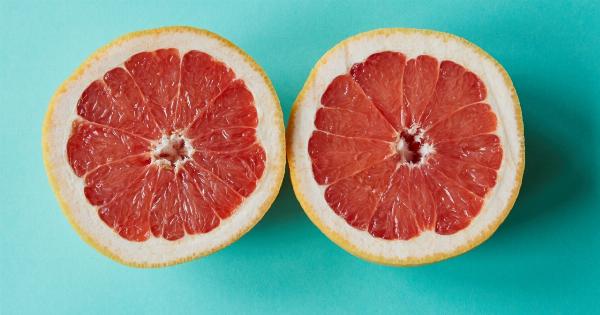Kidney stones are small, hard mineral deposits that form in the kidneys. These stones can cause extreme pain, discomfort, and other complications.
Dealing with Kidney Stones can be a challenging and complex process, but with the right knowledge and guidance, it can be managed effectively. This comprehensive guide will equip you with important information about causes, symptoms, prevention, and treatment of Kidney Stones.
Causes of Kidney Stones
The exact cause of Kidney Stones is not always clear, but various factors increase your risk of developing them. Some of these factors include:.
- Dehydration: Insufficient water intake can lead to concentrated urine, which increases the risk of kidney stones.
- Diet: Consuming high amounts of protein, sodium, and sugar can contribute to kidney stone formation.
- Family history: If you have a family history of Kidney Stones, you are at a higher risk of developing them.
- Medical conditions: Some medical conditions such as gout, hyperparathyroidism, and inflammatory bowel disease can increase the risk of Kidney Stones.
Symptoms of Kidney Stones
Kidney Stone symptoms vary in severity, and some people may not experience any symptoms at all. However, common symptoms of Kidney Stones include:.
- Pain: Severe lower back or abdominal pain that intensifies over time is a common symptom of Kidney Stones.
- Nausea and vomiting: Kidney Stones can cause nausea, vomiting, and diarrhea.
- Blood in urine: Kidney Stones can cause blood in the urine, which is typically visible to the naked eye.
- Frequent urination: People with Kidney Stones may feel the urge to urinate more frequently than usual, with only small amounts of urine passing each time.
- Burning sensation: A burning sensation during urination is another common symptom of Kidney Stones.
Prevention of Kidney Stones
Preventing Kidney Stones from forming in the first place is an essential step in managing the condition. Here are some preventive measures that you can take:.
- Stay hydrated: Drinking plenty of water helps flush out any mineral deposits that may lead to Kidney Stones formation.
- Reduce salt intake: High salt intake can increase the risk of Kidney Stones formation, so reducing salt intake is essential.
- Avoid high oxalate foods: Foods high in oxalate such as spinach, chocolate, and nuts can increase the risk of Kidney Stones formation.
- Limit animal protein: Consuming too much animal protein, such as meat and dairy products, can increase the risk of Kidney Stones formation.
- Medication: Certain medications can help prevent Kidney Stones formation, such as thiazide diuretics and allopurinol.
Treatment of Kidney Stones
Treatment for Kidney Stones depends on the type, size, and location of the stones. Small stones can pass out of the body naturally without any intervention, but larger stones may require different types of treatment, such as:.
- Medications: Pain-relieving medications such as nonsteroidal anti-inflammatory drugs (NSAIDs) and alpha-blockers can help relieve pain and facilitate stone passage.
- Extracorporeal shock wave lithotripsy (ESWL): ESWL uses shock waves to break down larger stones into small pieces, making it easier for them to pass out of the body naturally.
- Ureteroscopy: Ureteroscopy is a minimally invasive procedure where a small camera is inserted into the urethra to locate and remove the stone.
- Nephrolithotomy: This procedure involves making a small incision in the back to remove large or complicated stones.
- Percutaneous Nephrolithotomy (PCNL): This procedure involves creating a small incision in the back to remove stones using a special instrument called a nephroscope.
Management of Kidney Stones
Once you get Kidney Stones, it’s vital to managing and minimizing your risk of recurrence. Here are some tips for managing Kidney Stones:.
- Follow a healthy diet: A balanced diet that is low in sodium and oxalate and high in calcium can help prevent Kidney Stones formation.
- Stay hydrated: Drinking enough water daily can help prevent the accumulation of minerals that cause Kidney Stones.
- Monitor your urine: Regularly checking your urine can help detect early signs of Kidney Stones formation.
- Take prescribed medication: If your doctor prescribes medication to prevent Kidney Stones formation, take them as directed.
- Limit alcohol and caffeine: High alcohol and caffeine consumption can lead to dehydration, which can increase the risk of kidney stones formation.
Conclusion
Kidney Stones can be a painful and uncomfortable condition, but the good news is that it can be managed effectively with the right knowledge and guidance.
This comprehensive guide has equipped you with important information about the causes, symptoms, prevention, and treatment of Kidney Stones. By following the preventive and management measures outlined in this guide, you can minimize your risk of developing Kidney Stones and lead a healthy, comfortable life.






























